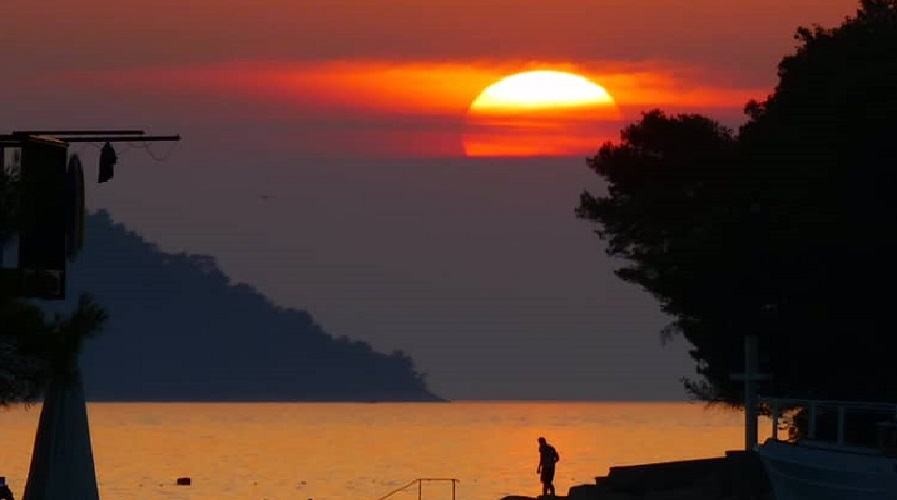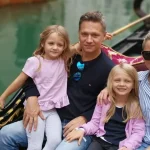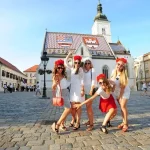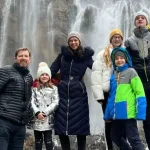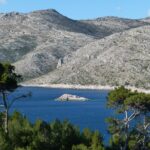My name is Philip Vrankovich, and I am presently retired after 30 years in the IT side of the energy business. I was born in Oakland, California. My connection to Croatia is through my paternal grandparents, Antun Vranković and Bona Dobrosić, both from the village of Svirće on the island of Hvar. They immigrated to America at the turn of the 1900s.
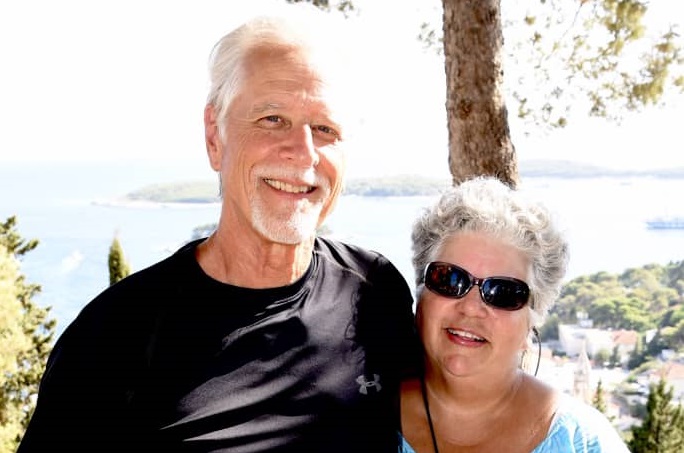
1. You made the switch to Croatia. Tell us a little about the decision process and how long it took for you to get on the plane.
I had always talked about going to Croatia, starting in the 1980s, but didn’t actually make it there until 2000. In July, 2000, we made a family trip to Hvar to meet family members I had only heard about. We arrived at the Stari Grad port to our cousins waving Croatian and American flags in the parking lot. It still gives me chills recalling that experience. My wife, Vicki, and I returned in 2001 to purchase property in Vrboska, with the intent of retiring on the island. In 2006, we made that dream come true, when we purchased a house in the now UNESCO-protected town of Stari Grad. I also became a Croatian citizen in 2010. We’ve made Hvar our home for 6 months out of the year, spending the rest of the time in California and now Connecticut.
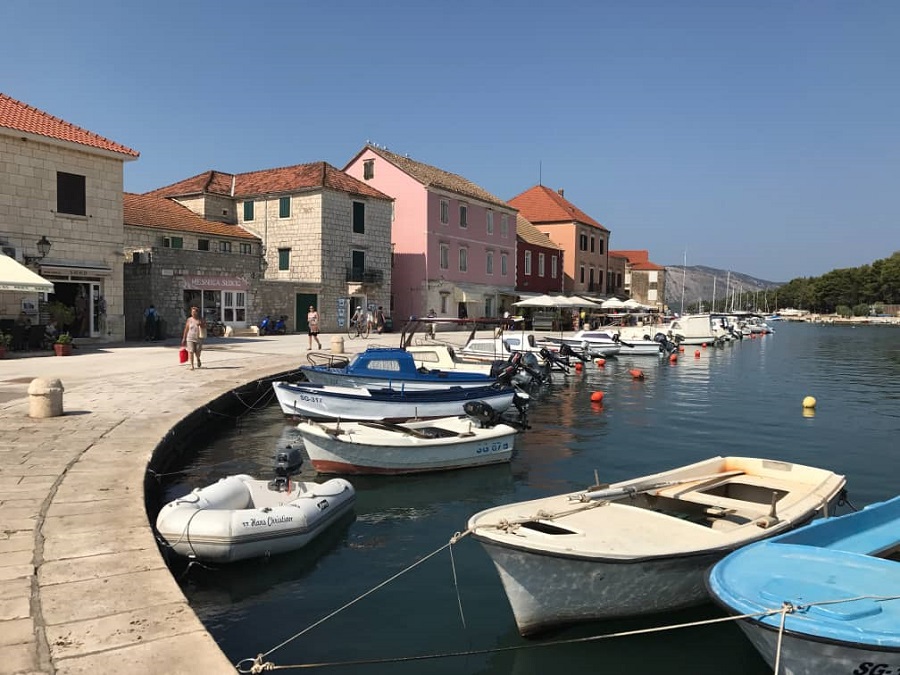
2. What did your family and community back home think of your decision at the time?
Family and friends have been very supportive of our decision to make Hvar our second home, and of course, many have come to visit over the years.
3. Where did you get your information about the realities of Croatia prior to coming?
Since I had family who came from Dalmatia, I had resources in America who helped to tell us about what to expect; however, that was no replacement for actually being here – in reality, it was so much more beautiful than I had imagined!
My godmother and her two daughters helped us arrange to meet family members, as well as their families, on our first trip in July 2000.
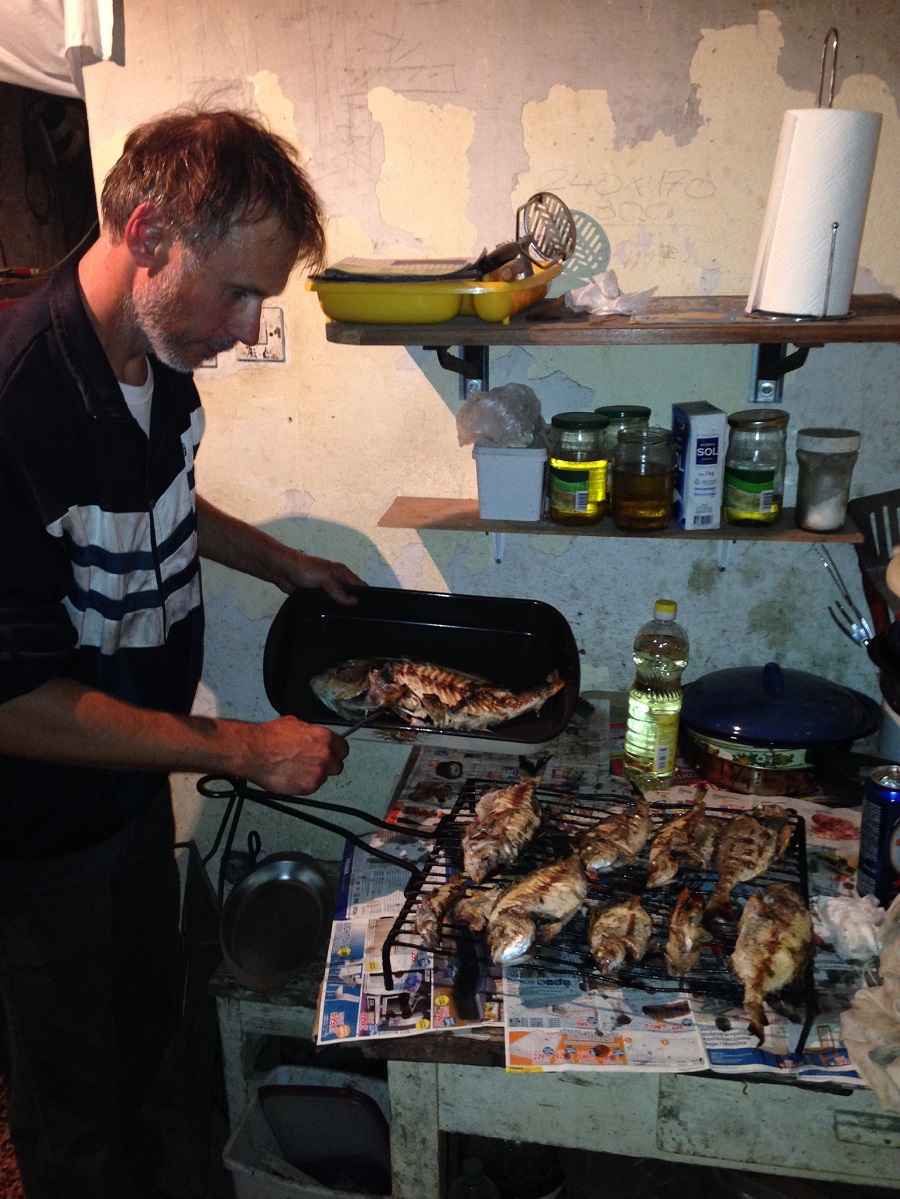
4. What were you most nervous about making the switch? What was your biggest fear, and what was the reality of what you found?
Really, we had no reservations about making a switch to living on Hvar. We had family here, made some friends, both domestic and expatriate, and felt welcomed. Initially, I thought the language difference would be an issue, but we found many people spoke English and those that didn’t, we were able to use our limited Hrvatski, sign language and pantomime in order to communicate
5. Think back to the time before you arrived. What were your perceptions about Croatia, and how were they different from the reality you encountered?
My parents and sister visited Hvar in the mid-1970s, and of course, it was much more primitive then. I remember my father saying there was no air conditioning, few autos and that you couldn’t get ice at a bar. He questioned why we would want to live there… of course, when we arrived, it was decades later, and things had changed here. I recall asking, “why did my grandparents ever leave, this place is so beautiful!” However, life in the late 1800s was very different here. When they married, it was two brothers who married 2 sisters, and there were not enough resources for both pairs to stay there. So my grandparents made the move to America.
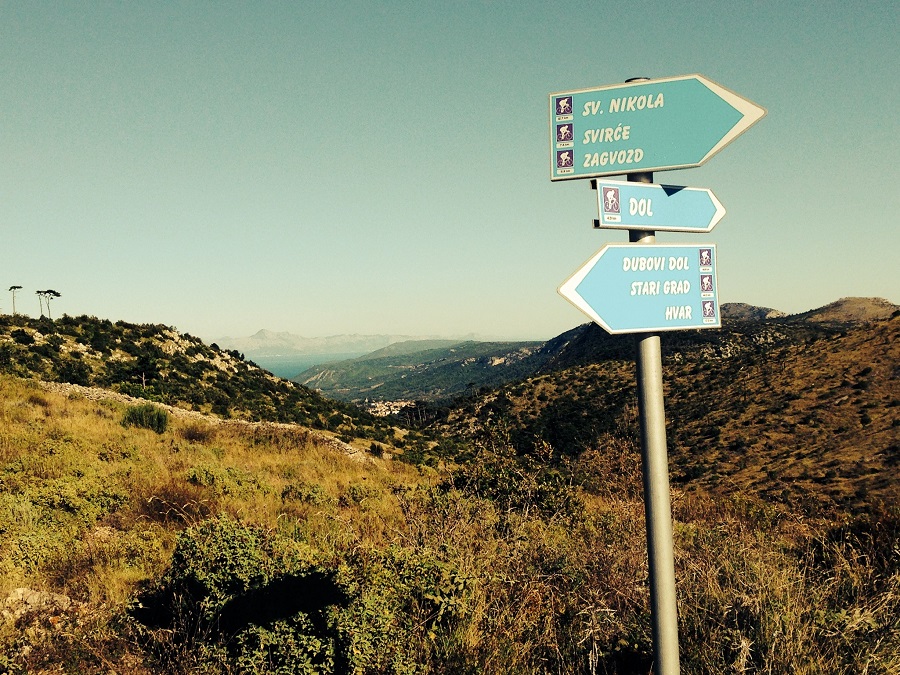
6. You are still here, so obviously, the pros outweigh the cons. Tell us about some of the things that you love about being in Croatia, as well as some of the things you don’t like.
We love the island life, “polako,” the family and friends we have met here, and of course, the culture, food, history, and environment (sea, mountains, and the climate). It’s difficult to put into words the feeling of visiting the house my grandmother was born in or planting grape vines in a field where my great-grandfather once toiled… it’s very special!
For the cons, the bureaucracy of getting anything done here is frustrating, and trying to learn Hrvatski is difficult (grandmother and father always spoke to me in English… I guess they never conceived any of us ever going back), especially with so many people here speaking English, and missing immediate family and the variety of food available back in America.
7. What advice do you have for others thinking about making a move from the diaspora?
Follow your dreams! Visit, and live in one place for a period of time to experience the community. See if it really fits your lifestyle. Don’t be disappointed and frustrated when things don’t turn out exactly as you expected, instead embrace the differences and go with the flow.
8. How do you think Croatia can better assist those who are looking to return to the Homeland?
Make becoming a Croatian citizen a streamlined process, and afford all family members of returning Croatians the same level of respect under the law. For example, during Covid, my Croatian passport expired in 2020, and my wife’s residency card expired in 2021, yet they allowed me to renew my passport but told her she must start the entire process all over again! Why is it that my wife can’t become a citizen simply by the fact that she is married to a Croatian? Instead, she must go through the process of being a temporary resident for many years.
****
Thanks, Phil!
You can follow more stories in the Croatian Returnee Reflections series in our dedicated TCN section.
Would you like your returnee story – positive or negative – to be featured in this series? Contact paul@total-croatia-news.com Subject Returnee.
****
What’s it like living in Croatia, and where can you get the best survival tips? TCN CEO Paul Bradbury and TCN Editor Lauren Simmonds have teamed up to publish Croatia, a Survival Kit for Foreigners.
Follow Paul Bradbury on LinkedIn.


